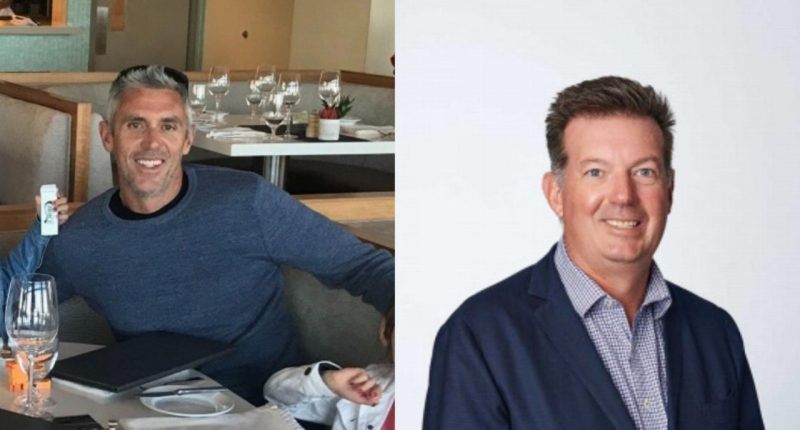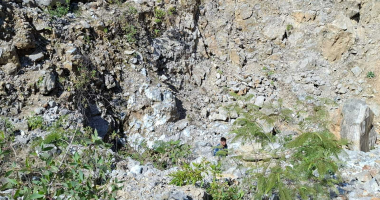A stoush over the terms of a gentleman’s agreement between two high-profile business identities is playing out in a Supreme Court trial this week as stockbroker Tim Kestell fights for the distribution of financial rewards from a deal that involved the acquisition of a uranium mine in Malawi in 2019.
Mr Kestell is claiming damages equating to about $11 million, alleging resources stalwart Grant Davey and his associated companies breached an agreement.
The claim relates to Mr Kestell’s stake in the Kayelekera uranium project, which was acquired from Paladin Africa.
In the trial that opened before Justice Jennifer Smith today, Mr Kestell said he was “bullish about uranium” in August 2018 when he identified the project, which was under care and maintenance. The following month, after lodging an expression of interest with Paladin and receiving financial data under an exclusivity agreement, he brought the Kayelekera opportunity to the attention of Mr Davey.
Mr Kestell is executive director of fund Neon Capital, which had invested in Boss Resources (now Boss Energy (BOE)) — a uranium company in which Mr Davey was executive director.
Senior Counsel Gary Cobby, for Mr Kestell, showed text and email messages which showed the men had agreed to work together and split the pool of benefits. Mr Kestell also agreed that his stake would initially be kept under Mr Davey’s vehicle, Matador Capital.
Mr Cobby referred to correspondence where Mr Kestell had repeatedly asked to be provided with a formalised written agreement around his allocation. Mr Davey responded: “You are at least 3.5 per cent and I have given you my word” and in late June 2019, the percentage promised was lifted to 4.5 per cent.
The project was acquired in June 2019 under the company Hylea Metals, which later changed its name to Lotus Resources (LOT).
Mr Cobby told the Court there had been no discussion that conditions would be imposed on Mr Kestell’s entitlement until he finally received the Bare Trust Deed and a Side Letter in April 2020.
It was then that the relationship soured and attempts to resolve the matter failed.
Mr Davey claims there was never a binding or enforceable contract between himself and Mr Kestell, but that their oral agreement meant Mr Kestell would be entitled to his share of the issued capital of Kayelekera Resources, subject to conditions.
According to Mr Davey, those conditions included that Mr Kestell resign from the Lotus board to allow an experienced uranium team to take over and that he managed the company’s early shareholders by organising purchasers for any shares to be sold and also ensuring investors didn’t otherwise trade out until all holders decided to sell. Mr Kestell denies these conditions were agreed upon.
Acting for Mr Davey, Martin Bennett said if Mr Kestell was able to sell his claimed stake of (more than) 50 million shares, it would represent in excess of 10 days’ trading in the stock. He said that illustrated that there needed to be a sales agreement.
He said the Malawi mine wasn’t yet producing, nor was the project yet secure, requiring more capital and Malawi Government approval.
It is understood Mr Davey’s case is that the men orally agreed any benefits would be distributed based on the contributions of parties involved in the acquisition and project execution.
Matador Capital had paid $200,000 in a non-refundable exclusivity fee and “took the relevant business risk”, it funded a due diligence trip to Malawi and negotiated better acquisition terms, while “Mr Kestell did not make any financial contribution during the detailed due diligence process nor cover any costs required through the exclusivity period”.
“This is a case where men eventually try to sign an agreement, but they had very different ideas of what that would be,” Mr Bennett said.
The trial is expected to continue for the rest of the week, with a number of witnesses, including handwriting experts, to be called by Mr Kestell’s legal team.
Lotus Resources share trade closed today at 21.5 cents.







